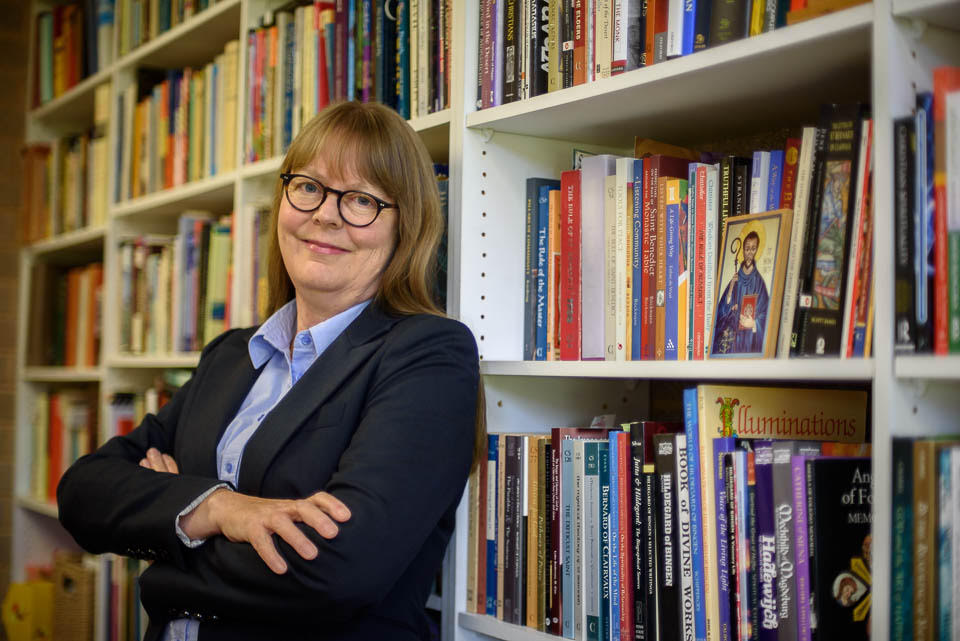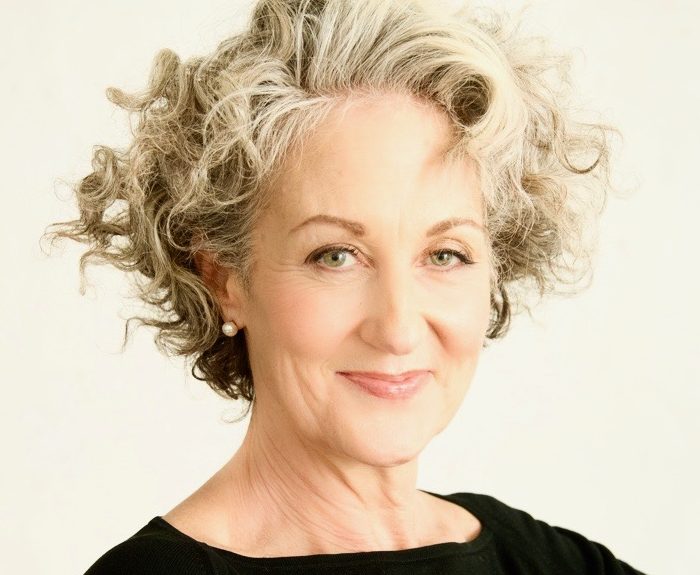
Anglican priest, academic and author Jane Foulcher will speak at the Losing Our Religion event in Moruya. Photo: Jane Foulcher.
In these turbulent times, some say we need religion more than ever. Others say it’s no longer relevant in a modern, high-tech world.
Dr Elizabeth Farrelly doesn’t consider herself religious in any form, however she does believe most adults yearn for someone or something bigger than themselves – almost like a parental authority – to be “in charge” as they hurtle through their chaotic lives.
As many walk away from traditional religions, she wonders whether “keeping the good bits and losing the bad bits” could work, or whether that would just leave a “politically correct and uninspiring system” that fails to fill the spiritual void in our contemporary society.
So, what does religion look like in a modern Australia? Does it need to evolve? What are people looking for? Why are so many abandoning religion, particularly Christianity, as we know it?
According to the 2021 Census, 43.9 per cent of Australians identify as Christian, a drop from 52.1 per cent in 2016 and 61.1 per cent in 2011, while almost 38.9 per cent of the population reported having “no religion” in 2021, up from 30.1 per cent in 2016.
An architect, author and social commentator, Dr Farrelly is keen to explore the tension between tradition and change in religious practice, to start the conversation at a time when she says there’s an urgent need to love thy neighbour and to nurture a goodness-based approach to life.
Dr Farrelly will join Anglican priest, academic and author Jane Foulcher and poet John Foulcher for ‘Losing Our Religion’ – an evening of thought-provoking and, most likely, controversial discussion at the Mechanics Institute in Moruya on Saturday 8 October.
Moruya Anglican Church Reverend and event facilitator Linda Chapman, says the conversation and Q&A session promise to deliver a “lively, intelligent and open exploration of what it means to be a human being in the world today, as we lose old certainties and are confronted by existential challenges”.
“What will hold us together? What do we need to let go of and what do we need to rediscover from our ancient sources of spiritual wealth?” Rev Chapman asks.
“The conversation does not necessarily seek to give answers, but rather to explore with others in an inquiry into just what story the [Census] statistics are telling us.”
Dr Farrelly grew up in New Zealand where her family attended a “vague version of an Anglican church” mainly, she says, to spend time in the divine old building. She says it’s a shame people are turning their backs on the beautiful elements of religion – the magnificent churches, the music, the language and the sense of sacredness.
“Christianity in particular has become more about power and hierarchy than about love and forgiveness, and the kind of receptiveness that we need to exercise now,” she said.
“I don’t buy into any of the existing systems because I can’t deal with the patriarchy.”

Dr Elizabeth Farrelly says talking about the evolution of religion is important. Photo: Dr Farrelly.
Dr Farrelly believes people continue to seek a higher authority. Some sort of explanation for the random and often frightening events that occur in the universe.
And, she questions whether Australians can learn from the Indigenous approach to spirituality – listening with our feet, listening to the land and learning from that.
“We shouldn’t always be expecting spiritual goodness to come down from above,” she said.
“Christianity has been traditionally quite good at taking on bits from other cultures, such as Hindu and Voodoo, but our own Indigenous culture sits there, waiting for us to be open to it.”
The Losing Our Religion conversation might offend and will probably anger some audience members, but Dr Farrelly says we need to get much better at offending people if we are going to move forward.
“If we can’t offend, we can’t have these incredibly important conversations – that’s a crazy part of our contemporary culture,” she says.
“I know a lot of people get very protective about their religious beliefs, so adding some playfulness in this sort of arena is very important. It’s an opportunity to chuck ideas around with other people, and I think it will be a lot of fun to be honest.”
During the conversation, Mr Foulcher wants to explore just what people are rejecting when they reject religion.
He sees poetry as one form of expression of our deepest yearning and will look to two poems that speak to the subject of the conversation. Mr Foulcher has written twelve books of poetry, most recently 101 Poems, a selection from his previous books, and Dancing with Stephen Hawking.
An adjunct senior lecturer in theology at Charles Sturt University, Rev Foulcher has particular interests in Christian spirituality and mystical theology. She is keen to explore what it might mean for us to say we are “spiritual, not religious”.
She is concerned about a sense of the “untethered, individualistic” culture we inhabit now, and asks: “Are we losing a sense of history and with that an associated lack of awareness of the spiritual wealth at the heart of religious traditions?”
Rev Foulcher sees desert monasticism and the practices of the pre-institutional church and resources from our mystical tradition as aspects of religion that may be worthwhile in our current context.
Dr Farrelly says, too often people consider religion as being a separate part of life, closeted, but in reality it’s “all bound up with politics, culture and even football” and affects all of us in some way.
“It’s what it’s like to be alive,” she said, “we’re really just talking about what it means to be human.”
The Losing Our Religion event will kick off at 3 pm, with tipples to follow at the Red Door Hall. For more information contact Rev Linda Chapman on 0422 273 021.






